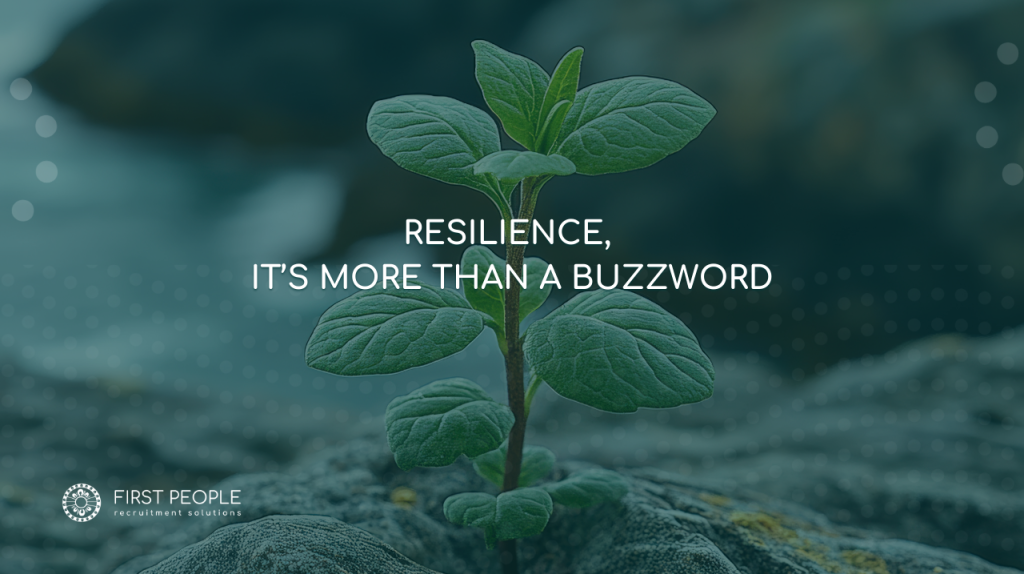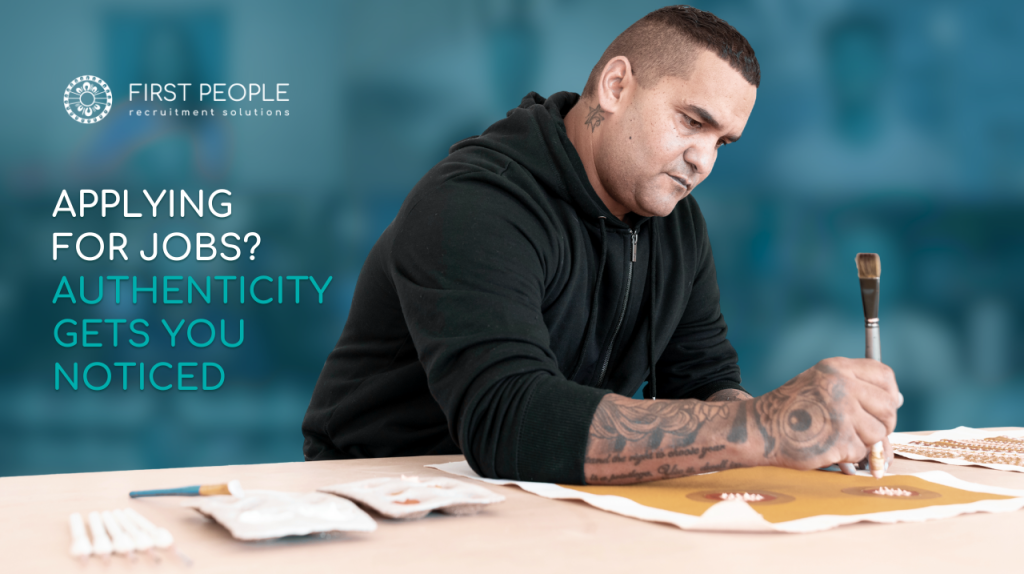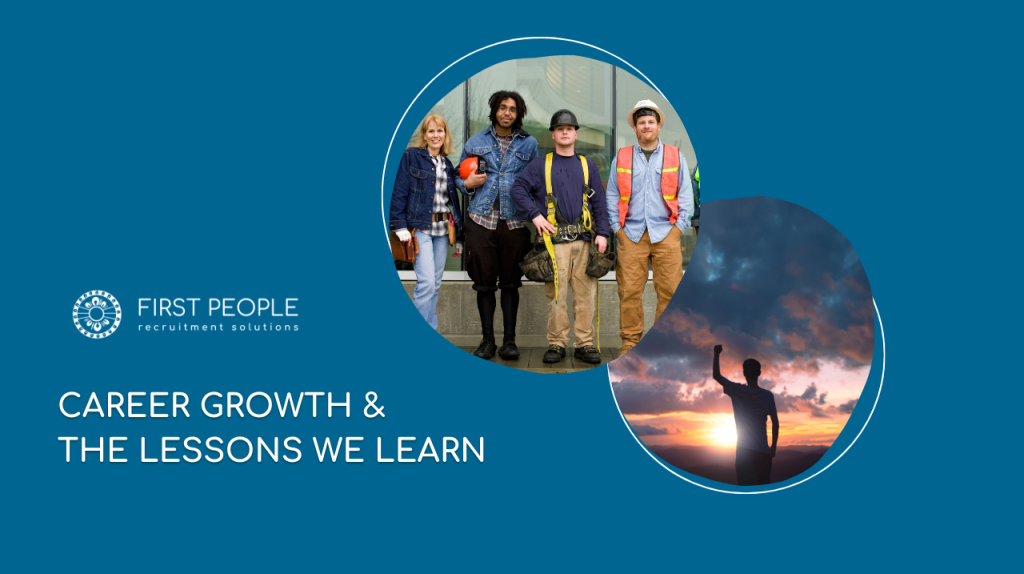The world of work is changing fast—and so are the skills that drive career success.
Recent insights from LinkedIn’s Skills on the Rise 2025 report suggest that up to 70% of job skills will shift by 2030. For job seekers and professionals alike, this presents both a challenge and an opportunity: those who adapt early are more likely to stay ahead.
One of the most significant shifts? The rise of AI literacy. From frontline roles to leadership positions, knowing how to use AI tools, large language models (LLMs), and automation platforms is fast becoming a competitive advantage.
This doesn’t mean everyone needs to write code or become a data analyst—but it does mean being open to how emerging technologies can support your workflow, decision-making, and productivity.
Candidates who can demonstrate that they understand how to:
use AI to draft content,
streamline project timelines, or
enhance service delivery
are already standing out in today’s recruitment process.
And yet, amid all this tech evolution, one thing remains constant: soft skills are still critical.
In fact, they’ve never been more important.
What Employers Still Value (and Always Will)
While automation can handle data and repetitive tasks, it can’t replace how people:
Communicate clearly and with empathy,
Lead teams through change,
Solve problems in dynamic environments, or
Navigate complex relationships across cultures and contexts.
These are the human qualities that bring workplaces to life—and keep them resilient through disruption.
As workplaces evolve, organisations are actively seeking people who can balance digital awareness with emotional intelligence. Those who can move between systems and people with equal confidence will continue to thrive.
For Career Growth, Think Both Tech and Trust
Success in the future of work won’t come from specialising in just one area. It will come from the blend—knowing how to work with technology while still bringing your unique mindset, values, and people skills to the table.
So how do you prepare?
Stay curious. Even a short online course in AI tools, communications, or team management can boost your confidence and capability.
Ask future-focused questions. In interviews, explore how organisations support learning, innovation, and adaptability.
Reflect on real moments. When have you responded to change, solved a complex issue, or built trust in a team setting? These stories are powerful.
Bring your perspective. Your lived experience, cultural knowledge, and approach to community leadership are not just valuable—they’re vital in shaping respectful, inclusive workplaces.
The future of work isn’t just about adapting to change. It’s about shaping it. With the right mix of skills and support, you’re not just preparing for your next job—you’re building a future that reflects who you are, and where you want to go.



